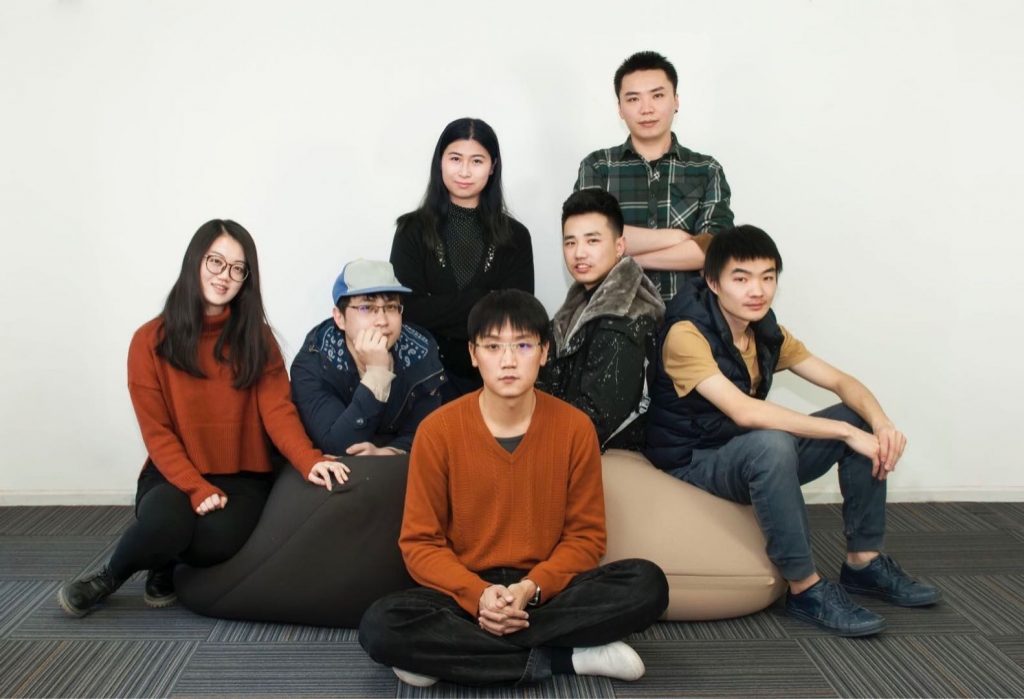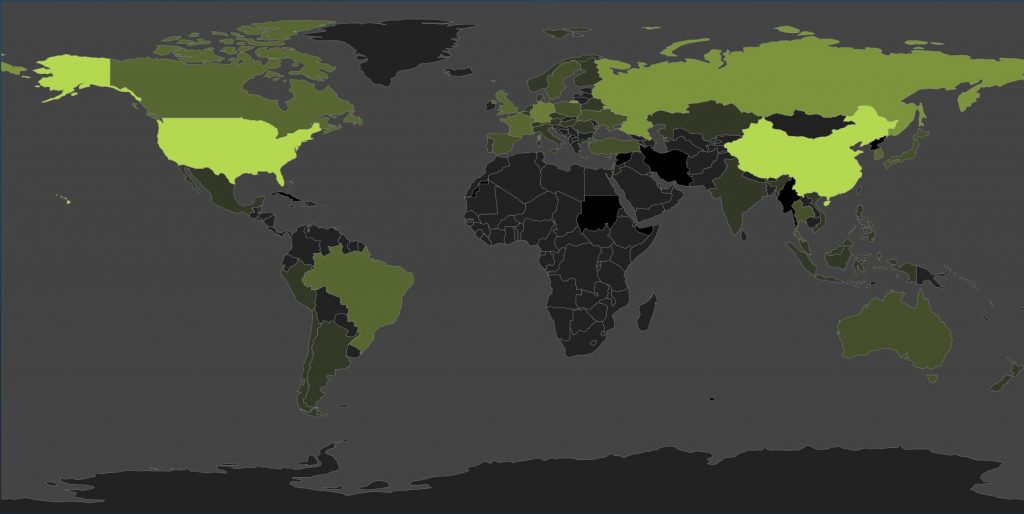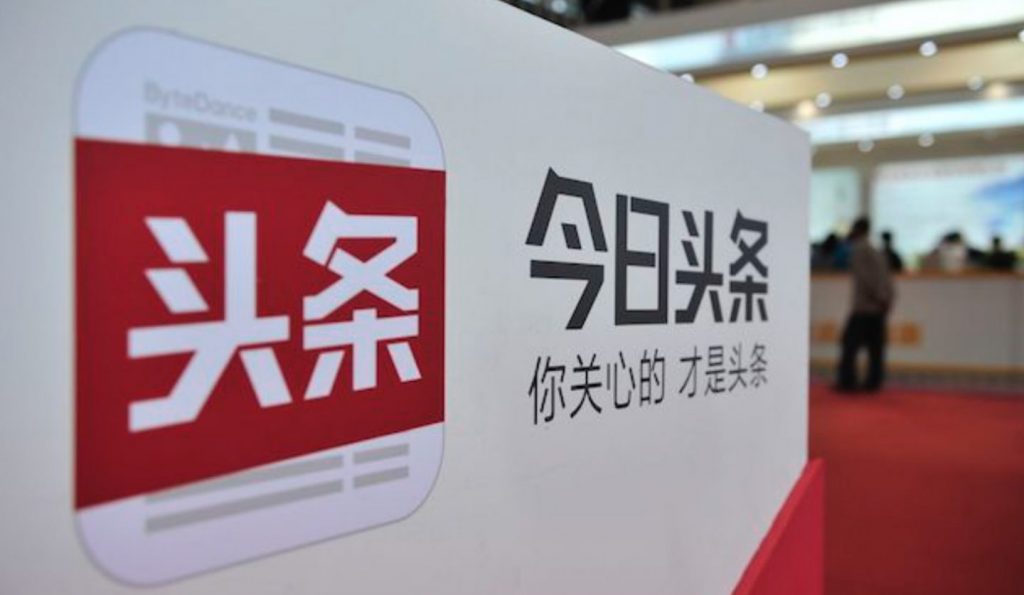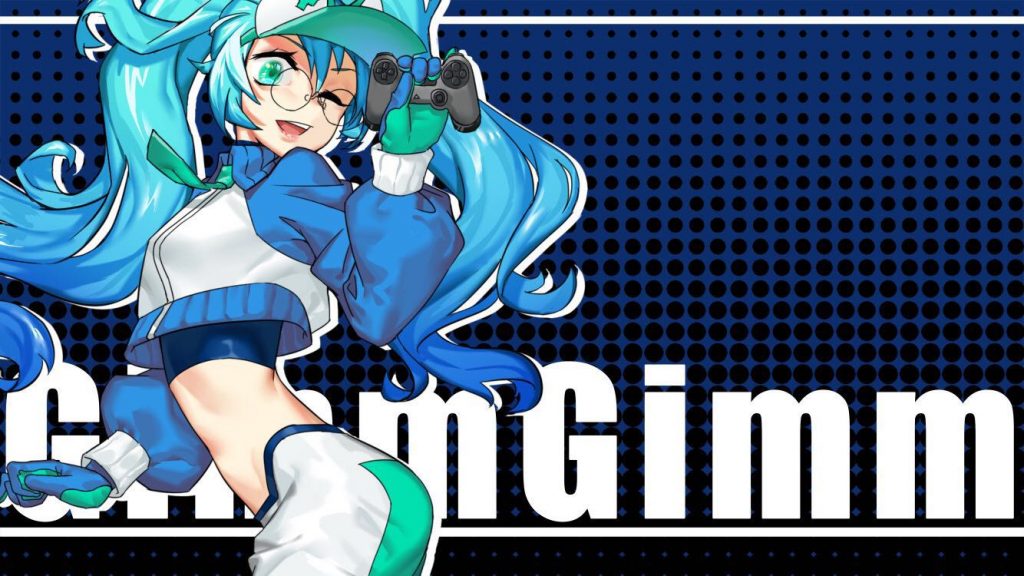With a gentle voice softly chanting a poem, a candle wearing copper jumpsuit curiously looks at itself in an antique mirror. Departing from a sunken ship and lighting up other tiny candles like himself, he started his journey to find the truth of light. This is Candleman (蜡烛人), an adventure indie game developed by Spotlightor Interactive (交典创艺) that allows players to control a tiny candle which can only burn for 10 seconds.
Since February 1, 2018, after its formal debut on Steam, the world’s largest game studio, Candleman received Steam grade “Very Positive (96% satisfaction, 320 total reviews)”. On April 13, 2018, Candleman topped App Store (China)’s paid game list. Florence, one of the 2018 Apple Design Award winners, ranked 4th. On June 12, Candleman was selected as one of Apple Store (UK)’s Best Puzzle Games.
The gaming industry in China has been demonstrating strong commercial potential. Industrial research platform Newzoo predicts that US and China will take half of the $113 billion global games market in 2018. Revenues of Tencent’s mobile games alone hit RMB 21.7 billion in the first quarter of 2018. Amid strong performance of China’s gaming industry, the local indie game industry remains lesser known, and not all of them are as successful and lucky as Candleman. Indie game developers are carefully playing among hungry major companies, hoping to take the chance to grow and meanwhile guard their independence.
Indie game environment in China
The indie game industry has had its roots in China for over 2 decades. An indie game refers to a game developed without a publisher, usually focusing on innovation and digital publication. An indie game studio is usually a small to medium size set up by a group of independent developers, which often has no sizeable initial funding. The path to players’ recognition and market acceptance is tough.
“We are not the first wave. Early in the 90s, there were pioneers making games. For both technical and funding reasons, they didn’t make it. But we the second generation followers know the mission we shoulder. Someone has to do something,” Gao Ming, founder of Spotlightor Interactive, told TechNode his thoughts on the brief history of indie game developers in China.
The first generation’s failure in game making and commercialization of the games once made indie game industry in China gloomy.
A malicious circle started. Low success chance and commercial rewards pushed talents and investors away. This further led to lower game quality as few professional teams were able to tough it out. Players and the market were disappointed with the resulted unsatisfactory user experience. The probability of success then again became even smaller, and few commercial rewards were approachable.
“Investors who invested in indie games at that time are kind of like what people call angel investors nowadays. They love games. They give you money, just for the pure sake of games – with very little commercial expectation,” Gao said.
The situation now is different. Indie game studios can sometimes supply the big players with profitable intellectual properties. The leaders’ sizable funding and commercialization channels can absorb ideas and personnel.
In March 2017, Chinese publisher iDreamSky (创梦天地) set up an RMB 200 million fund to support indie games. The company was delisted from Nasdaq in 2016 and is preparing for an IPO in Hong Kong. iDreamSky also invested in Ustwo studio’s Monument Valley, the indie game played by President Frank Underwood in the House of Cards.
In 2015, NetEase announced they would provide up to $500,000 to promising indie studios regardless of nationality.
“I haven’t heard of any recipient of the $500,000. Perhaps people want to keep a low profile? But I would say the amount is more than enough for an indie game – very generous funding.” Gao told TechNode.
Gao said that Candleman benefited from Tencent’s A.C.E. Program (极光计划) and China Mobile Games and Entertainment Group (中手游). The two industry leaders helped with channels and other aspects of commercial operation.

The Spotlightor Interactive team. Gao Ming (front center). Image Credit: Spotlightor Interactive Studio.
“We developers don’t care that much about what commercial reports say. I don’t know what they say on the numbers of indie studios in China. But it’s a small community and we know each other. In Beijing, ready indie studios are around 10. And we don’t organize marketing events or forums that often – we’re game-for-life people. A lunch or dinner meet-up would be our ‘indie forum’,” Gao smiled, and added. “The game industry is booming. We can feel the heat. Before you came, some investors reached out to me. We’re not commercial, and we know what we want.”
But Spotlightor Interactive’s situation is an exception. A private equity investor joked to TechNode, “99% indie game studios would fail if doing the game thing on their own. This is a market where people are greedy and players can be unpredictable and mean.”
Very often, it’s almost impossible to survive while balancing the need for cash and the need for players. High R&D costs including time, human capital, market research, and energy would soak up money easily.
Spotlightor Interactive, established in 2009, was also aware of the issue but prepared in advance. Gao, who studied Computer Science at Tsinghua University, led the studio into animation and digital advertising before they went all-in games. “We did what others couldn’t do. And we built our capital foundation. Yes, it can be hard if you have no source of financing.”
“In China, sometimes, if you want to sustain a game but have no financial back-up, you unfortunately have to get the players pay good money.” Muneyuki Yokoyama, a former designer at SEGA, one of Japan’s biggest game companies, said to TechNode.
“The average advertisement revenues you can generate in Japan from a regular game will be 100 times higher than those you can get in China. This also implies that few third-party channels would be willing to sponsor or cooperate with you in early stages of a game’s launch. To survive, you have to get your players to pay for what in fact they don’t have to pay at all or quit the business. In 2014, we decided to leave China.”
Muneyuki set up an indie game studio with a few developers in Shanghai but finally decided to end the business. He told TechNode that situations in China are gradually getting better, but he has no intention for another business in China for the near future.
“Export-to-import” strategy and guarding the independence
As a result, an “export-to-import” (出口转内销) solution became a major business strategy adopted by Chinese indie game studios. The studios hope platforms such as Steam will allow more players to access their games in an open, fair, and direct way. The studios also hope their reputation abroad will raise domestic players’ interest in their works.
Wesley Bao, the CEO of well-known indie game studio Coconut Island (椰岛), said in an interview with local media (in Chinese) that the exposure Steam brings to a Chinese indie game remains at stable million-level views. Coconut Island, as Gao said during the interview, is a “senior predecessor (前辈)” in the industry. In 2016, revenue of Coconut Island studio business, including game making and publishing, hit RMB 10 million.

Steam’s global downloads calculated by total bytes. China (highlighted) contributed 41.9PB, 13.9% total traffic. US (highlighted) contributed 52.7PB, 17.5% total traffic. Information accessed on June 19, 2018. Image Credit: Steam Stats.
To Gao’s Candleman, a turning point of their business too occurred abroad, but it’s not Steam; it was Phil Spence, head of Xbox. “Candleman is special to me,” the game guru tweeted in 2016. This became a “trigger” of Chinese market’s recognition of the game.
And Steam’s power is slightly declining. Many game developers that have benefited from the “export-to-import” Steam strategy are trying to guard their independence and initiative, amid growing competition and players’ increasing picky taste. On June 12, China’s leading game company Perfect World announced to partner with Valve, parent company of Steam, to launch a localized Chinese version Steam China (Steam 中国).
The impact of the partnership remains uncertain, though speculation expects increasing censorship and Perfect World-led projects. Meanwhile, players were already shifting the strategies before the cooperation announcement to diversify any Steam risks.
One solution Bao and his team are adopting is “traffic buying” (买量). The solution is a known tactic in gaming and other content industries. Different from media buying, traffic buying is a traffic-oriented strategy that aims to boost traffic and payment willingness via investment in ads, communities, and other channels. Bao hoped to bring 1,000 new global users to view and play his games per day. However, 200 – 300 are the best results at the moment.
Adding game publication business is another way to add profit channels and hedge R&D costs. The profit sharing plans can be very flexible. A source with knowledge of the matter expects a game publisher to take up to 70% game revenue for general games. For strong intellectual property projects with high commercial value, the figure would decline, for competition on the publishers’ side would be fiercer, and copyright fees, as well as deal deposits, can also be high.
But it’s still too early to conclude that traffic buying and publication business are making indie game studios commercial groups and therefore jeopardizing indie games’ independence.
“Traffic buying is a means. Indie game studios around the world can’t ignore the topic of survival. They also keep in mind that their bottom line is the innocent passion for true good games. The standards of a good game are always there, and players have the final say,” Nicole Wang, founder of GimmGimm (叽咪叽咪), a community connecting game makers with marketing channels, players, and other related resources, told TechNode.
“Developing an indie game is about substantial content and the way in which you get players to play. It can be biased to say leveraging marketing tools ruins independence,” Nicole added. “Indie game industry is different from the commercial gaming industry, but it’s also highly professional. We understand commercial tactics and marketing procedures. We deliver our games to players, charging fairly just for the sake of games.”
The collective power of community
The survival and development of any healthy industry has to deal with financial sources and any threats of monopoly. Surrounded by giants, indie game communities provide opportunities of independence by integrating collective power.
Influential Chinese game forums, platforms, and communities such as TapTap, Tencent WeGame, Cow Level are helping accelerating domestic indie game progress. CiGA (China Indie Game Alliance) and GimmGimm are two representative community powers with professional specialization.
CiGA is a loose alliance. It bridges gaps between indie game studios and resources. Gao met many other developers in CiGA events. Two level designers in Gao’s team joined Spotlightor Interactive with recommendations from CiGA.
GimmGimm, on the other hand, fills the vacuum of professional third-party service and joy sharing community. It has helped more than 10 studios in the past 6 months. A two-people team achieved over 100,000 times player interaction including viewing and playing with Nicole and her team’s support.
“We should have a positive state of mind. The community’s got your back,” Nicole added, Laughing. “I hope GimmGimm will live longer. All of us must accept the hardships and firmly move on.”
Developers think alike. Gao has a poster “Keep Calm and Game On” in his studio in Beijing. He said, “There is in fact no such thing called determination. If you want to do games, you feel nature to step in the field and you do it. For some people, a decision on whether to endure all hardships to make games can never be made. Determination? – can just be a fancy word.”
Adjusting poses of his toy collection, Gao added, “indie in an abstract sense is where you choose your soul to reside – like Rock’n’Roll. Earning money in many ways or not, only you yourself know whether the initiative has changed or not. I keep mine, and I understand people have their own complex stories. We are all making games. And we stand for pure joy and professional coolness.”
–This article first appeared on Technode.











